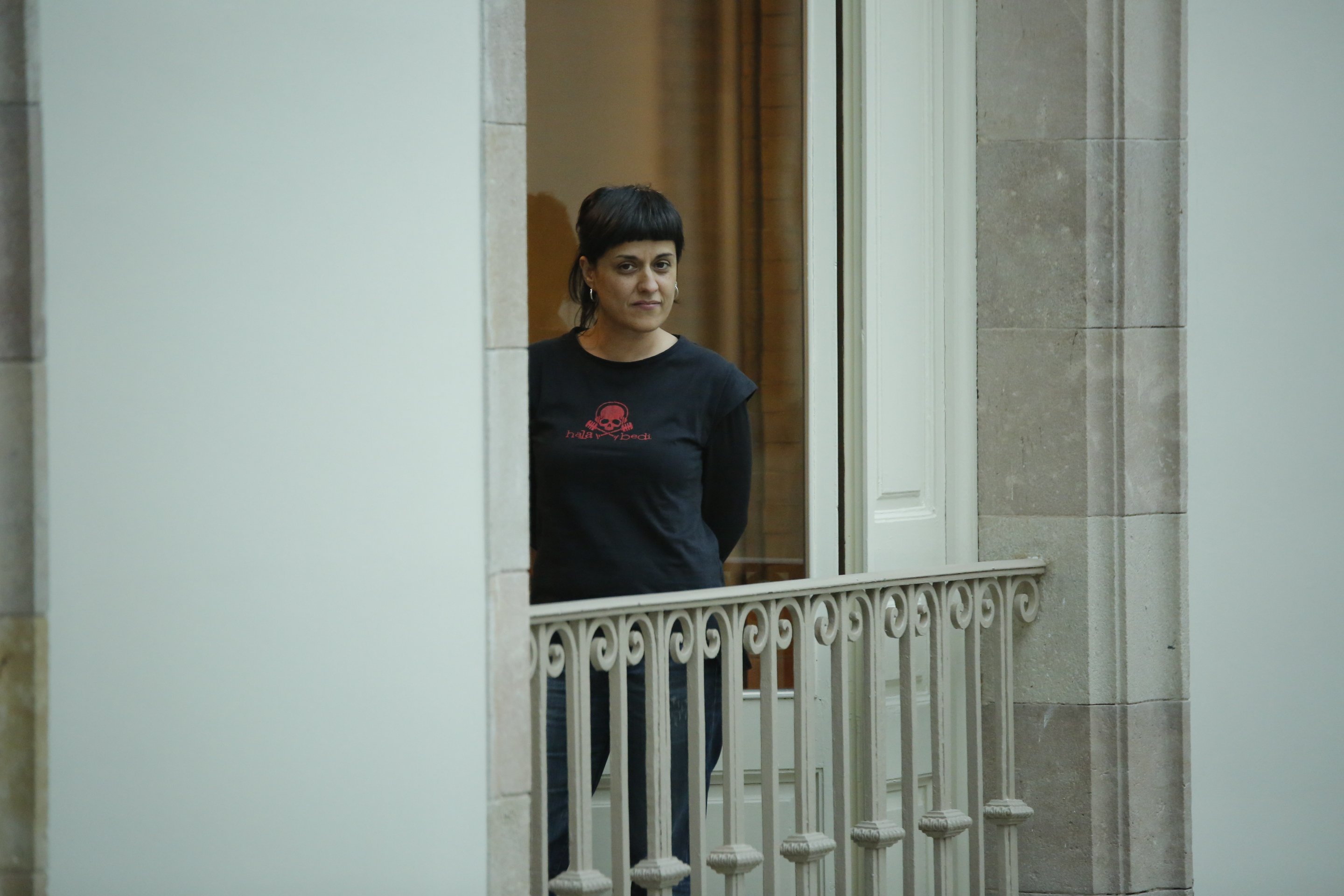Supreme Court judge Pablo Llarena has issued an arrest warrant for former Catalan deputy Anna Gabriel. The warrant, however, is limited to Spanish territory; the judge isn't starting the international process yet.
Gabriel's move has put the Spanish court in check, leaving it in a complicated position facing complex legal decisions with few options.
The situation is therefore in a stalemate until the judge decides to ask Switzerland to extradite her, with guarantees to avoid it being turned down. Knowing where Gabriel is, it's not really an option to not apply for her extradition, but the legal complications to it going through leave Llarena in a bad position.
The Spanish statute which governs this legal step is from 1882 and requires an order of prison and for none of the crimes to be political. As such, Llarena has to have everything well-organised before asking for extradition. This will be left for some point in the future, when the judge has decided exactly what crimes the CUP leader will be accused of and they can face Swiss justice with a real possibility of success.
Timeline
This is likely to come with the move from the investigation to the trial phase. This is the method expected to be used in president Puigdemont's case. It could come in one month's time, or a year from now, depending on whether the judge accepts the public prosecutor's request to designate the case as complex, giving another year to complete the investigation.
That means that Puigdemont, the four ministers with him in Brussels and Anna Gabriel would have a year's leeway to prepare their defence. And that Oriol Junqueras, Joaquim Forn, Jordi Sànchez and Jordi Cuixart will remain in prison for the whole time, because everything suggests that Llarena plans to leave them behind bars until the trial starts.
Morning of absences and not news
Despite the announcement in the press, CUP's press conference and the letter from Anna Gabriel's lawyer to the court, the judge maintained this morning's planned hearing and the summons for the parties.
Only two of the prosecution parties attended, the public prosecution saved itself the bother as did Llarena himself, who remained in his office waiting for the legal secretary to bring him the certificate of non-attendance, signed at 10am.
Vox, a right-wing political party which has brought a private acusación popular action in the case, called for an arrest warrant whilst the state's legal service said it supported the public prosecution's request for detention and imprisonment. Llarena, instead, took a decision that was already widely-expected yesterday, issuing a national arrest warrant.
The judge doesn't ask for an extradition which might not go anywhere, leaving Gabriel in the same situation as Carles Puigdemont: free but unable to set foot on Spanish territory for risk of being arrested.

